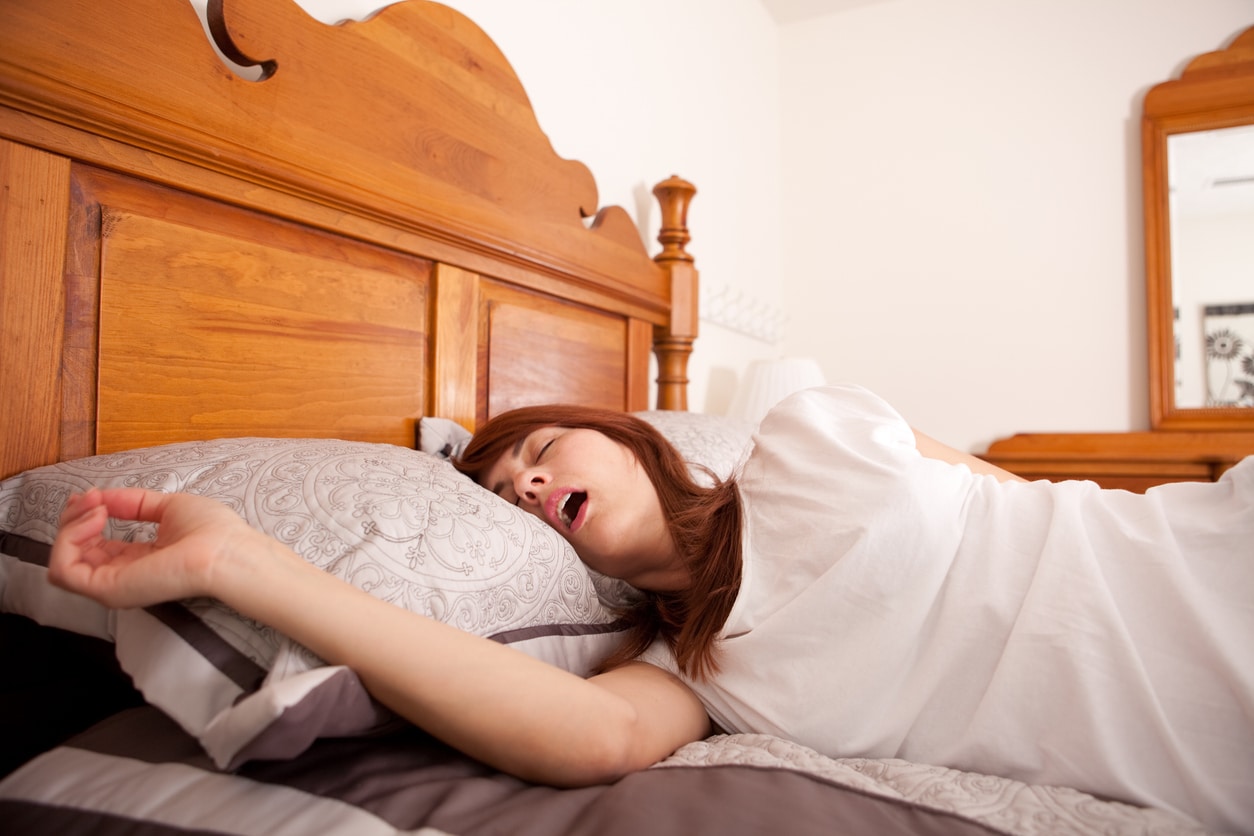Mouth taping, the act of taping your mouth shut while you sleep, is a popular trend that took social media by storm. Advocates for the practice claim that taping your mouth while you sleep could help prevent bad breath, dry mouth and snoring. While these potential benefits may sound appealing, it’s crucial to know how mouth-taping could negatively impact your health. Let’s look at the possible side effects of mouth taping and a few tips to help you sleep better without it.
The Safety Concerns for Mouth Taping

Breathing through your nose controls the temperature of the air entering your lungs, filters out allergens and debris, humidifies the air and limits hyperventilation. Because the benefits of nasal breathing are wide-ranging, it’s natural that people look for ways to promote nose breathing while they sleep. However, research backing up the specific claims of mouth taping, specifically its ability to manage snoring and sleep apnea, is limited and inconclusive.
In addition to the lack of supporting research on the benefits of mouth breathing, potential side effects include pain when removing the tape, anxiety, uncomfortable or difficult breathing, disrupted sleep and irritation on or around the lips.
How Can I Address My Sleep Concerns?
While mouth taping isn’t a recommended treatment for sleep concerns, there are alternatives. A few ways to address common sleep concerns include:
- Preventing bad breath. If you’re worried about bad breath in the morning, practice good oral hygiene. Remember to floss, mouthwash and brush your teeth before bed every night and in the morning. Tongue cleaning is another great way to target bad breath specifically.
- Preventing dry mouth. To help prevent dry mouth from waking you up at night, use a humidifier, limit alcohol intake, avoid smoking and drink a combination of water, herbal tea and tasty Planet Smoothie beverages.
- Managing sleep apnea. Sleep apnea is a disruptive sleep disorder wherein you stop breathing in your sleep. Sleep apnea is usually caused by a blockage in your airway or because your brain doesn’t control your breathing correctly. When you stop breathing in your sleep, your survival reflex kicks in to wake you up and resume normal breathing, leading to poor sleep. Sleep apnea is best treated by an ENT or sleep specialist. Depending on your apnea, they may recommend medication, surgery, dietary changes or a CPAP machine.
Remember, while mouth tape might be trending, it could result in negative side effects. If you’re having trouble sleeping, contact ENT of Georgia North today to find a safe ENT solution.